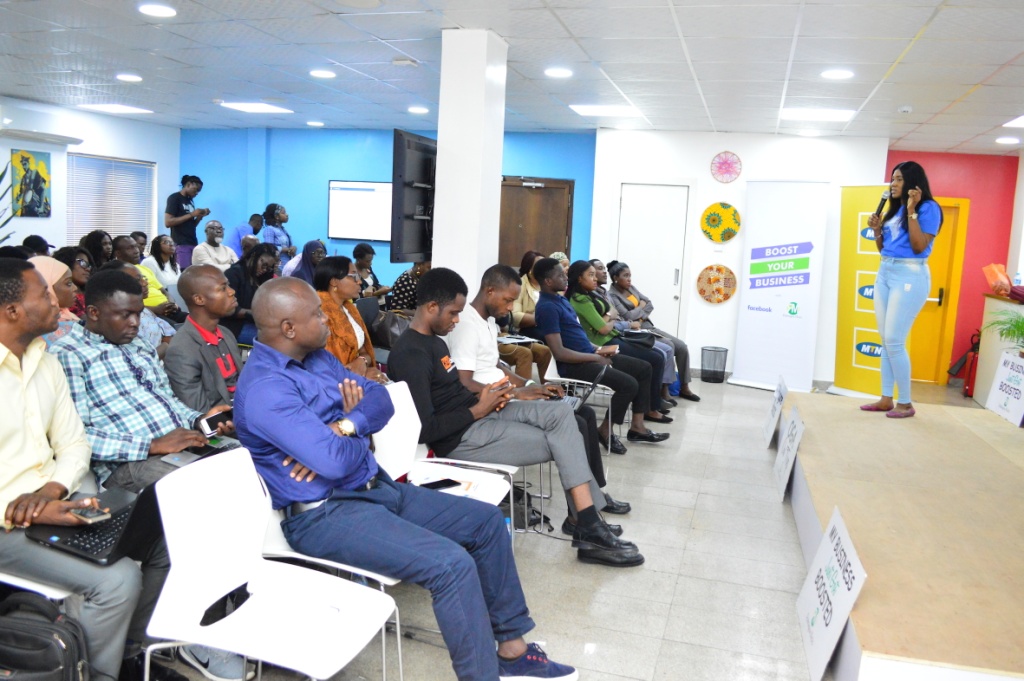Many yeas ago, I was invited to join a firm of dynamic professional consultants with vast experience working with local and multi-national businesses, governments, educational institutions and international development organisations across different fields. This dynamic team of experts with years of experience was specially put together to work with state governments, consulting in varying areas like Agriculture and International Development, Education, Environment and Youth Development.
With its wide ranging network across the globe, we scout for international support and financing, especially grants to finance crucial projects in various sectors for state governments. At the-same time, we were to help the states develop and standardise all necessary documentation and even build capacities of key staff in order to attain the required results.
- 2023: Presidency must return to S’South – Obaseki
- World Water Day: Over 60m Nigerians risk water-related diseases
Whereas our major focus was somewhat economic, we understood the need to fill some gaps in the social strata across the country. For instance, we were aware that educating children, especially girls, in order to maximise their chances of success and survival is paramount to a better future. Also, we have seen how electrifying rural communities is essential in activating rural economies, where millions can thrive. We know also, for example, that Primary Healthcare and Preventive Medicine are key pieces of the puzzle we try to put together in order to catalyse more prosperous societies in Nigeria.
Therefore, in most of the states, for our work to be effective, we had to lead a multi-sector approach with the general aim of reducing poverty and improving prosperity especially for young people in the state. As such, all the work borders around education and entrepreneurship development for youth employment in locally relevant sectors like agriculture. But how do you develop an entrepreneurial sector for a state or region? The truth is, there is not enough body of knowledge whether academically or otherwise, on entrepreneurship. It is a field that has not been studied enough, and a field that patterns or studies cannot just be applied in a new location to obtain desired results as in some other fields in the sciences or social sciences.
However, some years after joining this team of experts, I came across a remarkably detailed, dedicated and research-backed effort from the Massachusetts Institute of Technology called the MIT Regional Entrepreneurship Acceleration Programme or MIT REAP. I have been privileged to be a member of a team representing Abuja, Nigeria in the 7th cohort of the programme at MIT. Championed by the Honourable Minister of Communications and Digital Economy and the Executive Secretary of the Petroleum Equalization Fund, this team is multi-faceted in a way that best describe our ecosystem. The team comprises representations of the government, the entrepreneurs, risk capital, universities and corporates through whom MIT REAP aims to strengthen innovation-driven entrepreneurial ecosystem and transform economy of the region in question (in our case, the Abuja region).
Every year, this global programme admits a cohort of up to eight regions annually to participate in the two-year learning engagement with MIT. According to MIT, the programme’s framework consists of a “series of action learning mechanisms to translate, convene, and educate teams of regional leaders through a five-stakeholder approach.” The teams in the programme, like our Abuja team, address their existing and unique system by developing a strategy to deploy new interventions to improve it. And this is exactly what we have been doing for over a year now, in the most evidence-based and result oriented effort I have ever witnessed towards developing an entrepreneurial ecosystem.
When I juxtapose our consultancy approach with MIT REAP’s approach towards entrepreneurial acceleration, I see clearly why we haven’t been able to record a lot of transformational success with my team of experts in the states we have worked. Whereas we are focused on Small and Medium Enterprises and a limited stakeholder approach consisting of only the entrepreneur, the government and occasional financial institutions, the MIT programme consists of 5-Stakeholder action-based approach with a focus on Innovation-Driven Enterprises.
Because this is serious and tedious work, MIT empowers our team first of all by translating research and expertise into practical frameworks, approaches and actions with widespread global applications. Having convened our stakeholders comprising very active members across the corporate, risk capital, entrepreneur, university and government worlds, we learn and adapt these frameworks and build our strategy with a specific relevance to our peculiarities as a region.
Being part of this programme has been an exhilarating and a highly educative experience and, I believe, is the most practical way of accelerating innovation and entrepreneurship. This confidence is also demonstrated by current and past participants of the programme including the United Kingdom, Australia, Denmark, Saudi Arabia, Japan and the United Arab Emirates.
As a team and a region, we believe Abuja has great potential for innovation driven entrepreneurship across multiple sectors. To scale up innovation, we believe that a strategy-driven “culture of innovation” must emerge, as opposed to our age old fixation on the SME mentality. We hope to change this and catalyse an even bigger transformation across Nigeria.

 Join Daily Trust WhatsApp Community For Quick Access To News and Happenings Around You.
Join Daily Trust WhatsApp Community For Quick Access To News and Happenings Around You.


